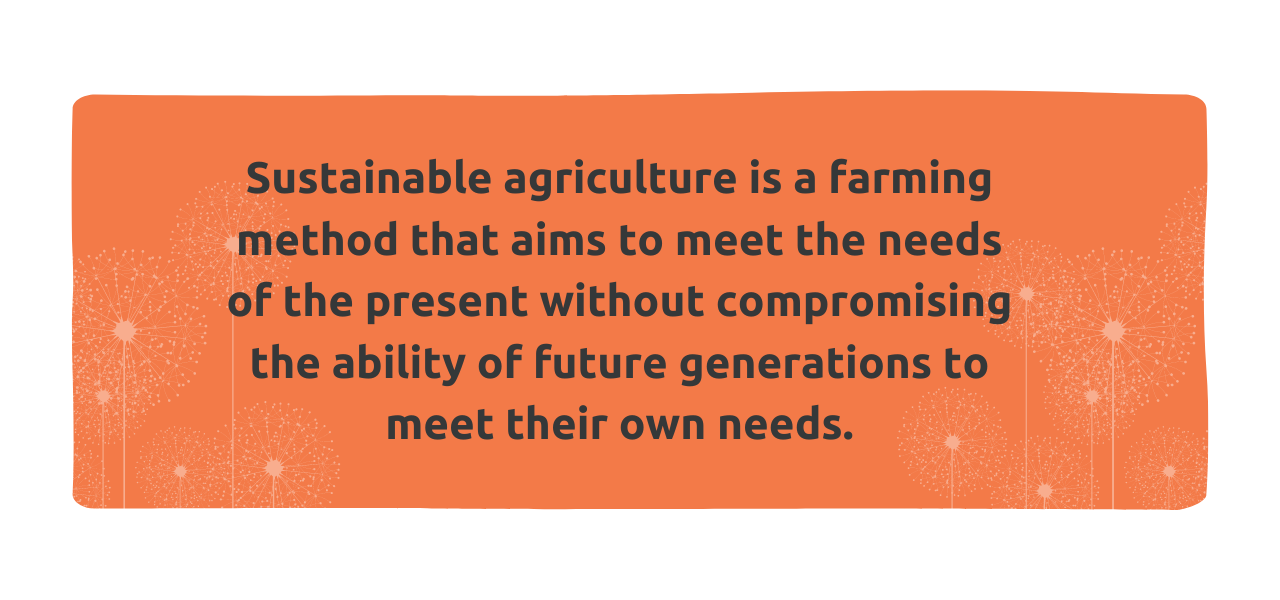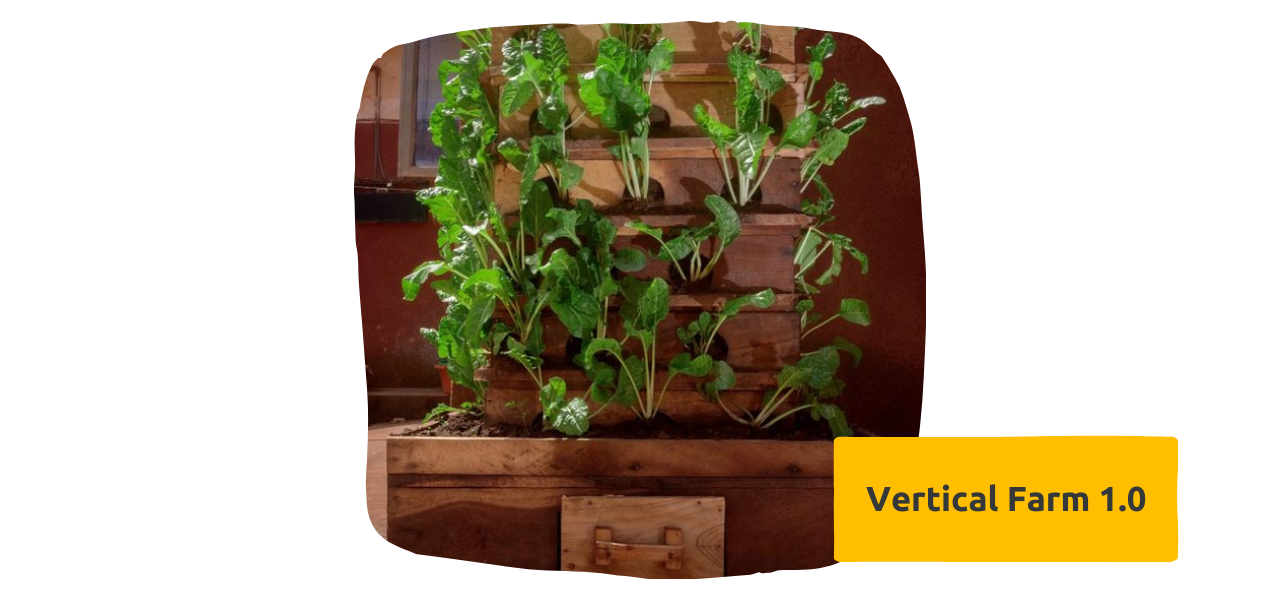Promoting Equitable and Sustainable Food Systems
Food insecurity is a critical issue that affects millions of individuals around the globe. This problem stems from a lack of access to sufficient and nutritious food, which is crucial for maintaining a healthy and active lifestyle.
In recent years, the challenge of food insecurity has intensified due to various factors such as population growth, climate change, and economic inequality. The consequences of food insecurity are dire, including famine, undernutrition, rising food prices, and social unrest. Such impacts have far-reaching implications for individuals and a country’s ability to escape poverty.
To tackle these problems, finding sustainable solutions is becoming increasingly vital, and sustainable agriculture and food systems have emerged as a promising way to address these challenges.
At The Dandelion Philosophy, our commitment to environmental sustainability means awareness around resource demands and reducing our impact on the environment, whilst ensuring that we align with the UN’s Sustainable Development Goal guidance.
We are dedicated to environmental sustainability and believe that sustainable agriculture and food systems improve the environment and provide food security for the impoverished communities we serve.
Sustainable agriculture and food systems focus on producing safe, healthy, and nutritious food while protecting the environment and natural resources. They use techniques that are environmentally friendly, socially fair, and economically viable.
Sustainable agriculture aims to create farming systems that work in harmony with nature, promote biodiversity, and help farming communities become more resilient.
Sustainable agriculture and food systems promote:
Safe, healthy, and nutritious food that is produced in an environmentally-friendly way.
The conservation and preservation of natural resources such as soil, water, and biodiversity.
A reduction of waste and pollution in food production and distribution.
Social equity and fairness for farmers, farm workers, and communities involved in food systems.
Economic viability and profitability for farmers and food producers, whilst ensuring food remains affordable and accessible to all.
Local and regional food systems that support community-based agriculture and contribute to food security.
Resilience and adaptability in farming communities, particularly in the face of climate change and other environmental challenges.
Sustainable agriculture and food systems not only increase the quality and quantity of local food production but also ensures farmers have access to healthy soil, resulting in more nutrient-rich harvests.
The Role of Non-Profit Organisations in Promoting Sustainable Agriculture
Non-profit organisations play a critical role in promoting sustainable agriculture in various ways.
By collaborating with farmers, communities, and other stakeholders, non-profit organisations can help develop sustainable agriculture practices that support local food systems. These collaborations could be in the form of partnerships between farmers and local restaurants, for example.
Non-profits can also help farmers by providing them with the knowledge, skills, and tools they need to adopt sustainable farming practices. This support could include providing training on regenerative agriculture and helping farmers access sustainable farming technologies.
Furthermore, non-profit organisations can raise awareness, and advocate for policies and regulations that promote sustainable agriculture. By educating the public about the importance and benefits of sustainable farming practices, farmers and consumers gain a better understanding of the need to adopt sustainable farming practices and support sustainable food systems.
And finally, to help navigate the administration and legal requirements required to secure funding, credible non-profits can bridge the gap by acting as a connection point between entrepreneurs and socially-conscious investors and philanthropists.
The efforts from non-profit organisations in promoting sustainable agriculture can help support a more equitable, sustainable, and resilient food system for all.
The Dandelion Philosophy’s Commitment to Sustainable Agriculture
At The Dandelion Philosophy, conscious sustainability is one of our core values, which is why we have chosen to partner with Vertical and Micro Gardening (VMG), a home-grown Ugandan urban farming enterprise that primarily designs, manufactures, and distributes Vertical Farms.
The project was first launched in 2014 by CEO Paul Matovu and grew into a social enterprise in 2017.
Matovu’s vision was to help the poor and underprivileged attain food security. Having witnessed first-hand the struggles of his own environment he designed the Vertical Farm 1.0.
Vertical gardening involves growing plants against walls or in containers, while Micro Gardening entails growing plants in small containers or raised beds.
Vertical and Micro Gardening makes agriculture a viable micro-enterprise for people in urban areas and has various benefits, including:
reduced pressure on rural farmers to meet nationwide agricultural demand,
increased food security,
pest reduction and localisation,
recycling organic waste,
high return on investment, and
empowering low-income and vulnerable communities.
VMG offers a sustainable solution to food insecurity in the communities The Dandelion Philosophy serves. Communities like Cambridge Village in South Africa can benefit from using Vertical and Micro Gardening methods to increase produce with limited space.
Through our partnership with VMG, we are able to introduce sustainable agricultural practices in Cambridge Village to create a sustainable food source for the community.
“Through our strong partnership with VMG Uganda, The Dandelion Philosophy is proud to support a sustainable solution to food insecurity in Africa. Our vision for agri-impact is based on shared values and is strengthened by VMG’s track record of success in Uganda. Our collective work represents new hope for the people of Cambridge Village in South Africa, and for Uganda. Together, we are cultivating a brighter future for Africa, one vertical micro garden at a time.”
Overall, tackling food insecurity requires a comprehensive approach that emphasizes sustainable agriculture and food systems. These systems offer a sustainable solution to provide safe, healthy, and nutritious food while protecting the environment and natural resources.
The Dandelion Philosophy's partnership with Vertical and Micro Gardening offers an innovative solution to tackling food insecurity in vulnerable communities, like Cambridge Village, by promoting sustainable agriculture practices and food systems.
To learn more about VMG’s work visit their website.





